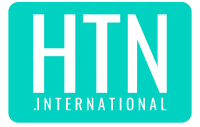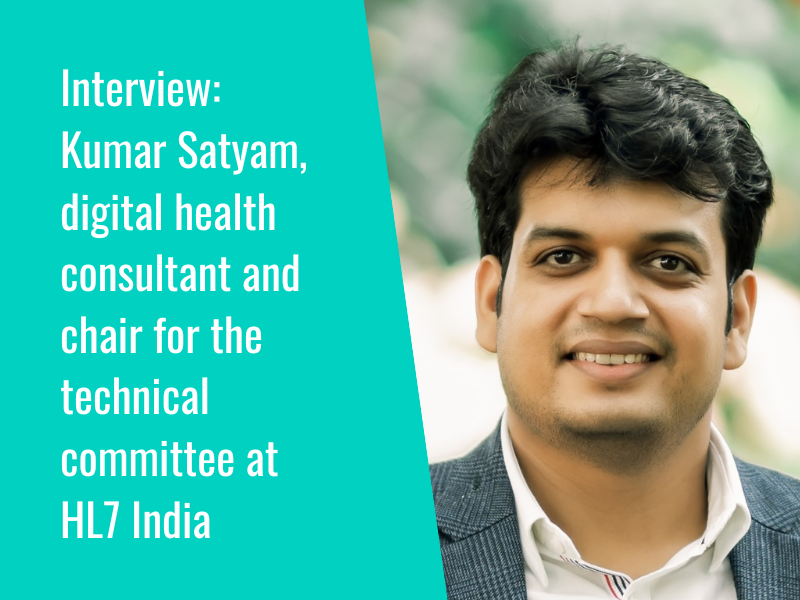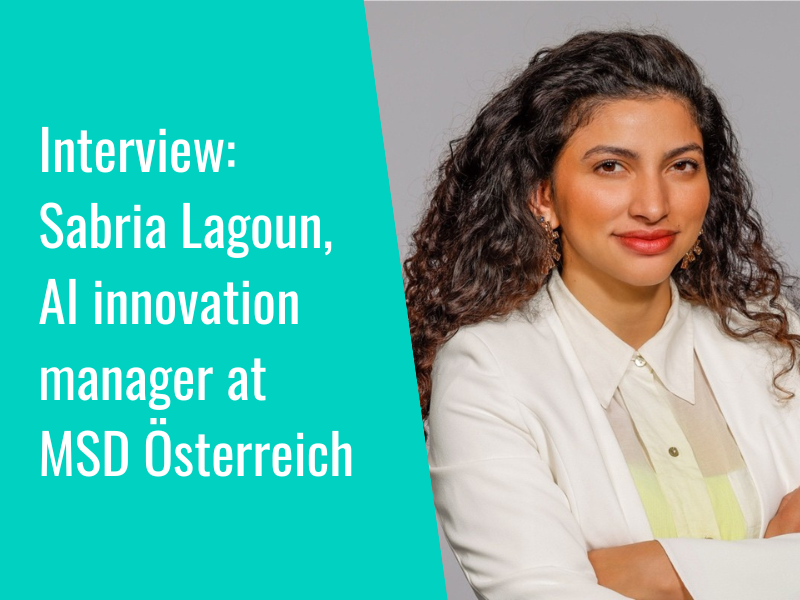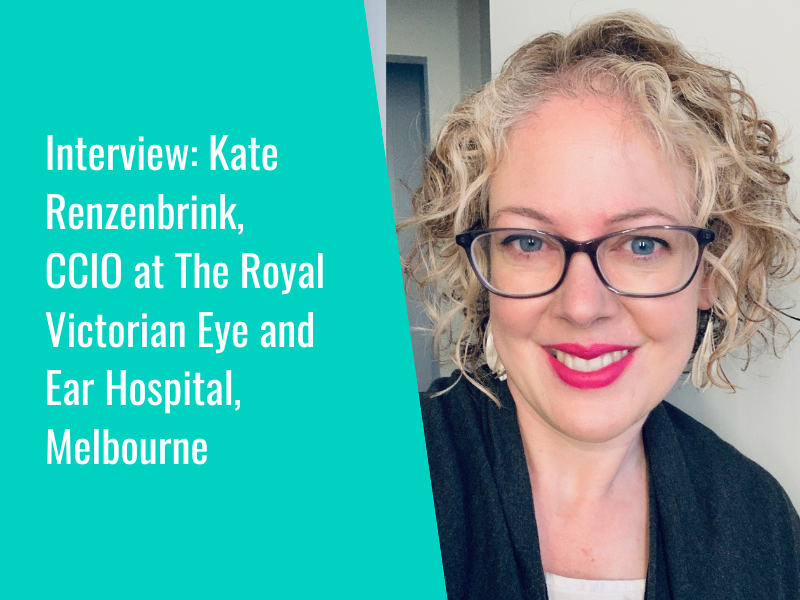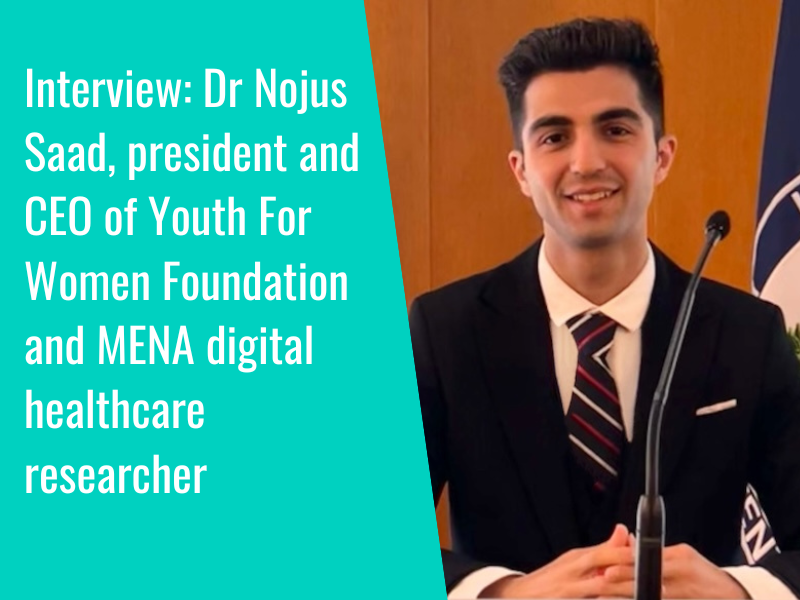Germany’s Robert Koch Institute has shared a number of PhD projects for its doctoral programme on AI in Public Health, including AI-based spatial mapping of microbial pathogens; AI-supported annotation of horizontal gene transfer in monitoring antimicrobial resistance; and ML-assisted rapid detection of pathogens using nanopore sequencing.
PhD students at the ZKI-PH Centre for Artificial Intelligence in Public Health Research are to undertake a three-year framework aimed at granting them theoretical knowledge and practical experience in conducting research on AI and public health.
From the first PhD cohort, projects include the use of AI to monitor SARS-CoV-2 and other pathogens from wastewater samples, the use of machine learning in rapidly detecting pathogens using nanopore sequencing, and AI-enhanced visual pattern recognition for diagnostic electron microscopy using the example of viruses.
Projects from the second cohort of PhD students include tackling the Lassa virus in human and animal reservoirs using phylogenomics and machine learning, AI-supported proteomics analysis for effective antimicrobial therapy decision-making, and an analysis of public discourse with AI for deeper insights into public mental health.
The Centre for Artificial Intelligence in Public Health Research covers a variety of areas across the realms of AI and public health, including bioinformatics, computational epidemiology, data visualisation, big data and systems analysis. From the website, its aim is to “gain a comprehensive understanding of the spread and prevention of diseases in the population and to counter epidemics of the 21st century even more effectively”.
To learn more about the projects, please click here.
In other news from the country, we looked at the German Federal Ministry of Health’s ‘Digital Together’ digitalisation strategy for health and care, outlining its aims, “strategic fields of action”, transformation approach and regulatory framework.
- 1
- 2
